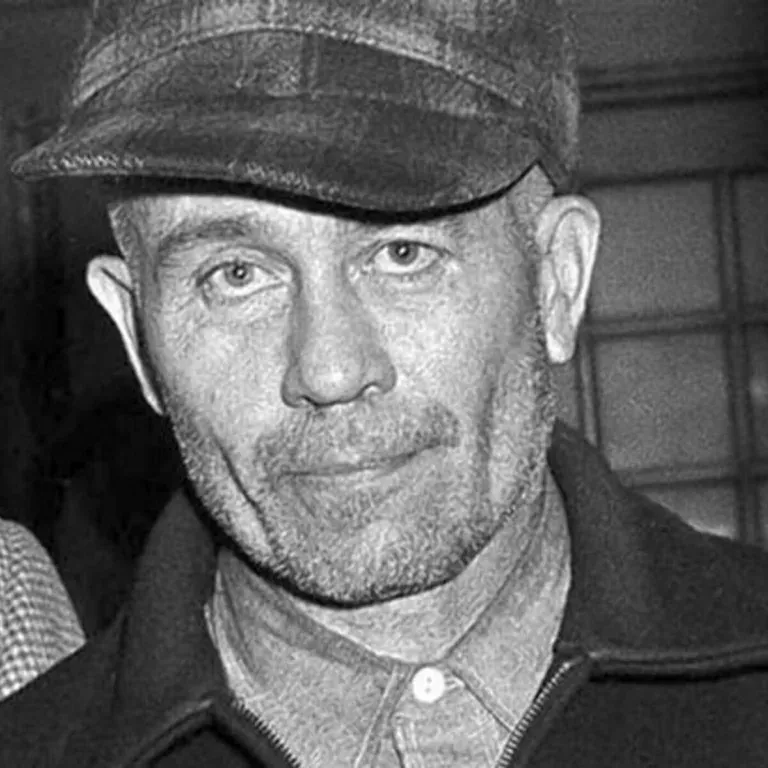Andrej Romanovič Čikatilo: The Rostov Ripper.
Andrej Romanovič Čikatilo: The Rostov Ripper.
Andrei Chikatilo was a Soviet serial killer active between 1978 and 1990. Known as the “Rostov Ripper,” Chikatilo committed at least 53 murders, mainly of young women and children. His victims were often raped and mutilated. In 1992, he was sentenced to death and executed in 1994. Chikatilo’s story is dark and unsettling, with profound implications for public safety and criminal justice during that period.
Andrei Chikatilo, the “Rostov Ripper,” was born in the Soviet Union in 1936. During his childhood, he experienced the horrors of famine and World War II. In the 1970s and 1980s, Chikatilo began a series of brutal murders, primarily targeting young women and children.
Chikatilo’s modus operandi often involved luring victims at railway stations or public places, followed by sexual violence and post-mortem mutilation. His ability to mask the murders made it difficult for authorities to connect the crimes.
The Soviet police were hindered by various investigative inefficiencies and lack of coordination between different jurisdictions. Chikatilo was arrested in 1990, and during the trial, he confessed to his horrendous crimes.
In 1992, Chikatilo was sentenced to death for 52 murders. In 1994, he was executed. His story highlights the challenges law enforcement faced during that time and raises questions about public safety and improving investigative systems.
Andrei Chikatilo was born into a Soviet family during difficult times, marked by famine and war. Growing up, he showed signs of psychological disturbances, but his criminal career truly began in the 1970s.
Chikatilo chose his victims seemingly at random, preferring women and children of both sexes. His attacks involved extreme sexual violence, post-mortem mutilation, and often cannibalism. This disturbing behavior led to a climate of terror in the Rostov region.
The case remained unsolved for years, partly due to investigative inefficiencies and a lack of effective cooperation among authorities. Only through the use of new investigative techniques, including DNA analysis, did the police manage to link Chikatilo to his crimes.
In 1992, Chikatilo was tried for 53 murders, although he admitted to only 52 of them. During the trial, his history of sexual deviance and sadistic tendencies emerged. He was sentenced to death and executed in 1994.
The Chikatilo case left a profound impact on criminal psychology, raising questions about public safety and leading to reforms in the Russian judicial and investigative system. Chikatilo’s story is a dark chapter in global criminal history.
Andrei Chikatilo’s psychology was subject to psychiatric analysis during his trial. Several characteristics emerge in an attempt to understand the motivations behind his murders:
Personal complexes: Chikatilo endured a difficult childhood during famine and World War II, experiences that may have contributed to the development of profound psychological issues.
Sexual disorders: His history reveals a range of sexual deviations, with a particular predilection for masochism. These sexual disorders may have been a key element in motivating his violent actions.
Inferiority complexes: Chikatilo had a deep-seated inferiority complex and low self-esteem, elements that may have driven him to seek control and power through criminal acts.
Changes in social context: Some scholars have suggested that his inclination towards violence may have been influenced by the period of social change in the Soviet Union. His inability to achieve social and professional success may have driven him to seek a sense of dominance through murder.
Disturbing fantasies: Chikatilo had disturbing fantasies and homicidal dreams since adolescence. These fantasies later translated into violent actions against his victims.
Cannibalism: His practice of cannibalism can be interpreted as an extension of his sexual perversion and his desire to further degrade the victims.
Understanding Chikatilo’s psychology is complex and involves various factors, including biographical elements, mental disorders, and environmental influences. His story remains a notable case in the study of serial killers and the dark motivations behind their crimes.
Andrej Romanovič Čikatilo: The Rostov Ripper.







